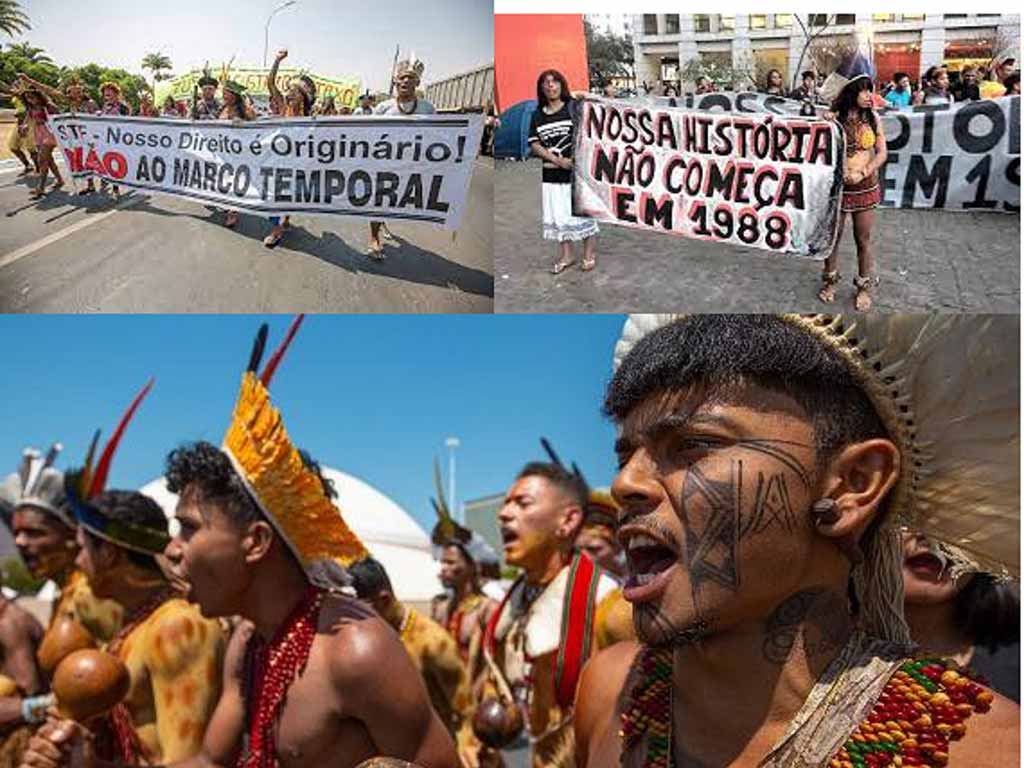The court is analyzing the thesis, which establishes that the natives only have the right to possessions traditionally occupied by them until the day of the promulgation of the Constitution, on October 5th, 1988. In practice, the temporary framework establishes that areas that were not occupied by indigenous people or any other groups at that time cannot be demarcated.
If the law is approved, the native peoples will only be able to claim the areas they occupied at that date.
Environmentalists criticize the bill, stating that it can make it difficult to demarcate new land and open gaps for the advancement of practices such as hoarding.
The rapporteur of the case, Luiz Edson Fachin, voted against the application of the thesis in 2021, pointing out that traditional indigenous possession is different from civil possession and that demarcation is a procedure that declares a right that native peoples already have. He also argued that the areas cannot be sold and the right of the indigenous communities to land cannot be restricted by the passage of time.
Aboriginal leaders say that the temporary project excludes the historical and cultural reality of the native villages and violates international treaties signed by Brazil, such as the United Nations Declaration of Indigenous Peoples and Convention 169 of the International Labor Organization.
As they denounce, the demarcation of heritage ignores the actions of colonizers, landowners and economic projects that used forced evictions, violence and massacres to expel the natives from their territories.
jrr/llp/npg/ocs










